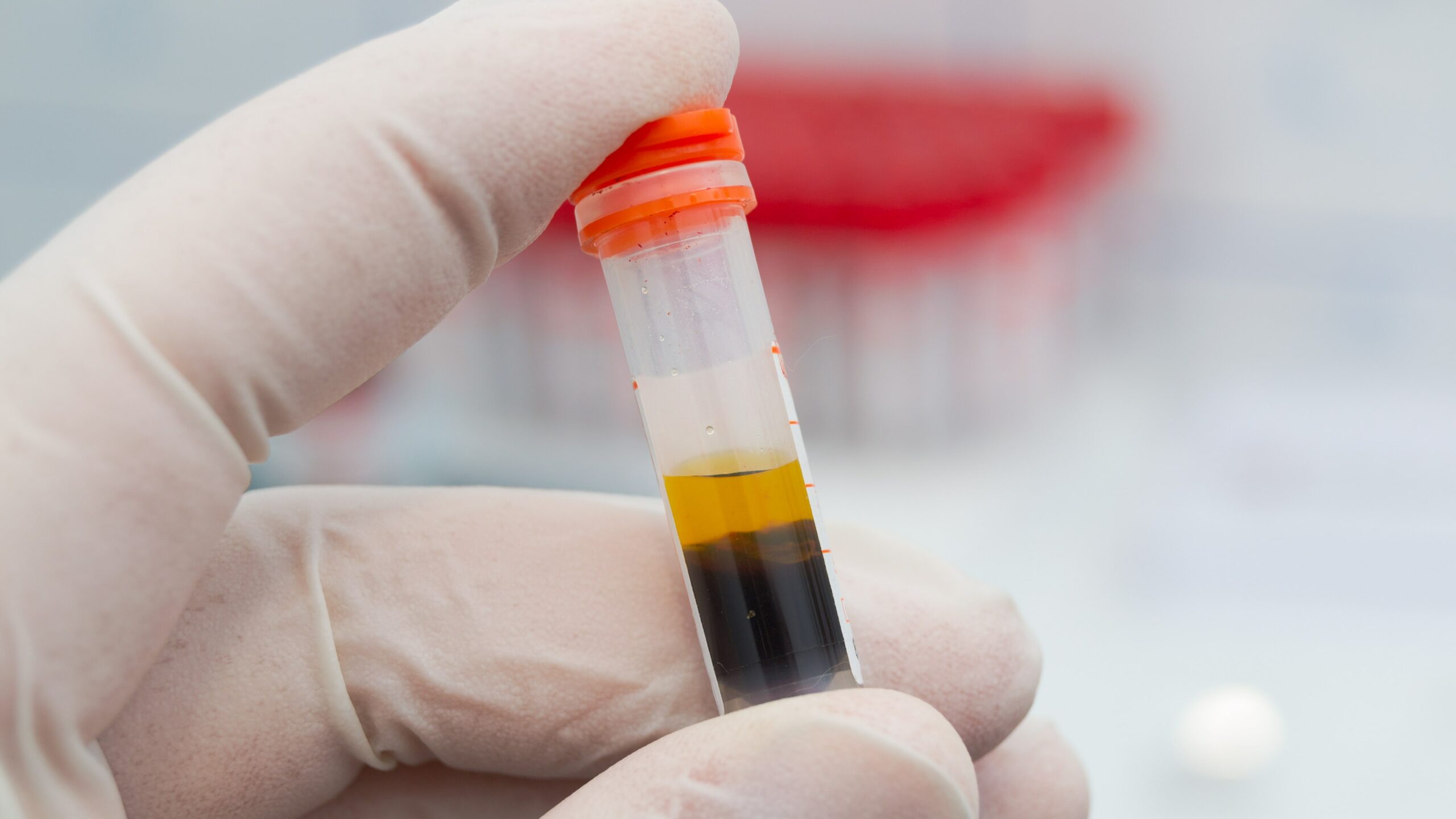
In January 2025, Kidney Disease: Improving Global Outcomes (KDIGO) for the first time published guidance on the evaluation, management, and treatment of autosomal dominant polycystic kidney disease (ADPKD).
The guideline was developed with patient partners, clinicians, and researchers worldwide and followed an explicit process of evidence review and appraisal, based on a rigorous, formal systematic literature review.
The guideline includes chapters covering: nomenclature, diagnosis, prognosis, and prevalence; kidney manifestations; chronic kidney disease management and progression, kidney failure, and kidney replacement therapy; therapies to delay the progression of kidney disease; polycystic liver disease; intracranial aneurysms and other extrarenal manifestations; lifestyle and psychosocial aspects; pregnancy and reproductive issues; pediatric issues; and approaches to the management of people with ADPKD.
ADPKD affects millions of people worldwide and is the most common cause of kidney replacement therapy. The evolving genetic and clinical landscape, including the approval of tolvaptan for the treatment of rapidly progressive ADPKD, makes the release of the guideline particularly timely.
An executive summary was published in Kidney International, and the full guideline is available at the KDIGO website.
Source: Kidney International







 © 2025 Mashup Media, LLC, a Formedics Property. All Rights Reserved.
© 2025 Mashup Media, LLC, a Formedics Property. All Rights Reserved.